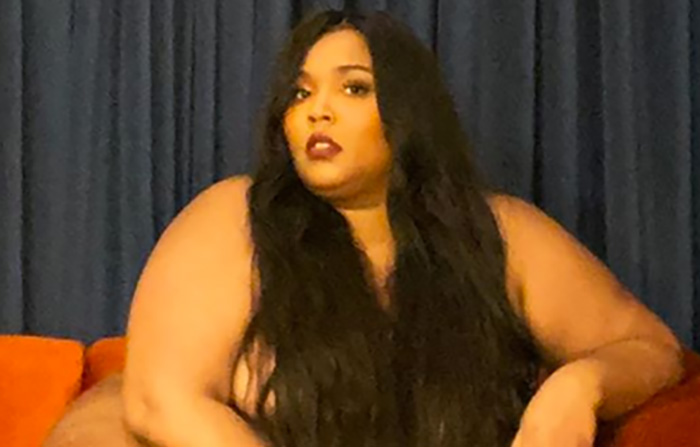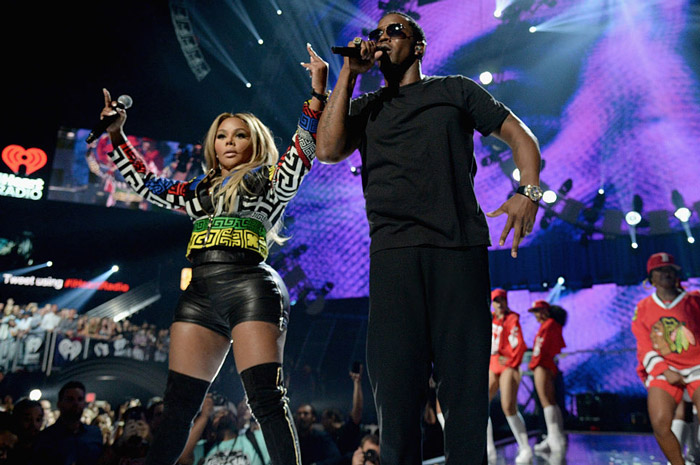We’re very sad to bring this news: Jamie Byng, Gil Scott-Heron’s publisher in the UK, has tweeted that the poet and songwriter passed away today. Pitchfork has confirmed with Scott-Heron’s record label.
Just heard the very sad news that my dear friend and one of the most inspiring people I’ve ever met, the great Gil Scott-Heron, died today.
Gil Scott-Heron’s death is NOT a rumour. I just called by Dorothy who is staying with Aunt Mimi in NY to tell me the news. I’m so sad.
Jamie Byng’s account of first hearing, meeting, and working with Gil Scott-Heron for The Guardian in April, 2010:
I can vividly remember the time I first heard Gil’s voice. I was at a house party at a flat in Edinburgh in the spring of 1989 and someone put on his withering satire of the Nixon administration, The H20gate Blues. And before I had a chance to appreciate the rich humour and political savvy of that particular record (“America, the international Jekyll and Hyde”), it was the warmth and strength of his voice that immediately struck me. I was 19 and just starting to tap into a whole new vein of music. This was the beginning of a long journey…
NPR:
Scott-Heron was born in Chicago in 1949. He spent his early years in Jackson, Tenn., attended high school in The Bronx, and spent time at Pennsylvania’s Lincoln University before settling in Manhattan. His recording career began in 1970 with the album Small Talk at 125th and Lenox, which featured the first version of “The Revolution Will Not Be Televised.” The track has since been referenced and parodied extensively in pop culture.
Scott-Heron continued to record through the 1970s and early ‘80s, before taking a lengthy hiatus…
For a more personal picture of the man, this in-depth intimate interview Gil Scott-Heron did with The Daily Swarm on the eve of his recent comeback proved unforgettable:
What do you make of people crediting you with starting hip-hop?
I don’t know if I can take the blame for it.But “Revolution” with its phrasing and attitude seems a precursor, it captured the zeitgeist in a way few other pieces of music had – it’s an important moment in music history and culture.
That’s when the spirits helped. They help you do it when you need to do it. I played piano and I did poetry and I wanted to do both if I was going to record, that’s what time it was. It wasn’t time yet for spoken word or rap, like they call it now, but I just happened to be in the studio with best players on the planet. I taught them the 12 bar blues and we hit it one time, just one take with Ron Carter and Hubie Law.I don’t think many people realize how funny “The Revolution Will Not Be Televised” is—lines about Rocky & Bulwinkle and Glen Campbel and the Beverley Hillbillies.
That’s how we wrote it. There’s a lot of wit in there. What we were talking about man is that like you never get anything done, you never see anything that helps you. You need to be out doing stuff. The Revolution takes place in your mind. Once you decide to look at the other side of it seriously and see if there’s any value to it. We were the ones with the bibles and the flags and shit but they were calling us militants and you all son of a bitches were the ones with the guns.But you were also well-versed in pop culture —“Put a Tiger in Your Tank or It Goes Better With a Coke’ —a lot of the song is lampooning pop culture.
That’s what we were trying to do. We were trying to show people how silly the shit was they were wasting their time on when they needed to be trying to help.But something about “Revolution” just resonated, it hadn’t been said before like that. Either you were a revolutionary or maybe you were a comedian.
It was up to people to decide which (laughs)…

![Da Brat Marries Judy Dupart on 2.22.22 [PHOTOS]](https://hiphopucit.com/wp-content/uploads/2022/02/1645669184565-440x264.jpeg)
![Drake Reveals Photos of His Son Adonis [Photos]](https://hiphopucit.com/wp-content/uploads/2020/03/Drake-and-on-Adonis-HHUCIT.jpg)

![Megan Thee Stallion – “BOA” [NEW VIDEO]](https://hiphopucit.com/wp-content/uploads/2024/05/Megan_Thee_Stallion___BOA__Official_Video__1_12_screenshot-440x264.jpg)
![Doechii Feat. JT – “Alter Ego” [NEW VIDEO]](https://hiphopucit.com/wp-content/uploads/2024/05/Screenshot-of-Doechii-and-JTs-Al-440x264.png)
![Young Thug Feat. Drake Drop – “Oh U Went” [NEW VIDEO]](https://hiphopucit.com/wp-content/uploads/2023/07/Young-Thug-and-Drake-1014x570-1-440x264.png)



![Vic Mensa Talks Justin Timberlake in New Freestyle [VIDEO]](https://hiphopucit.com/wp-content/uploads/2016/07/vic-mensa-semtex.jpg)




